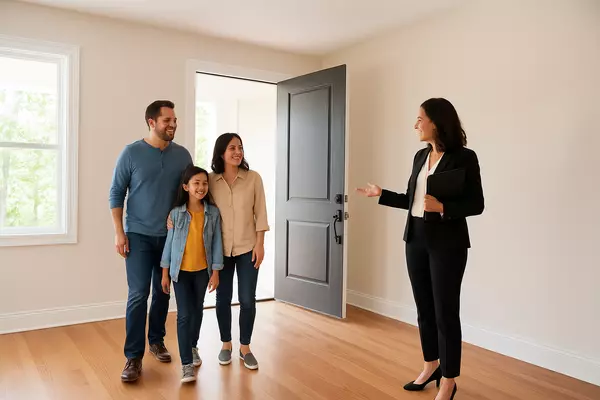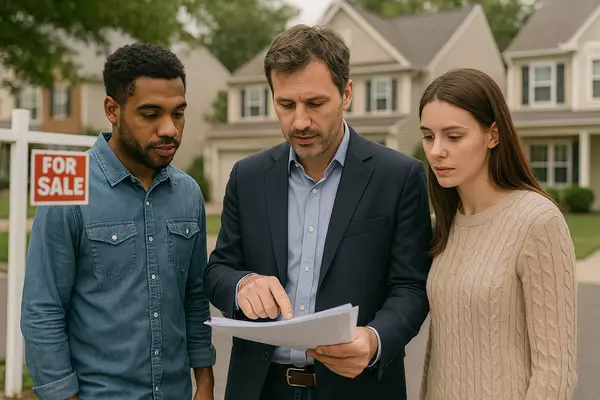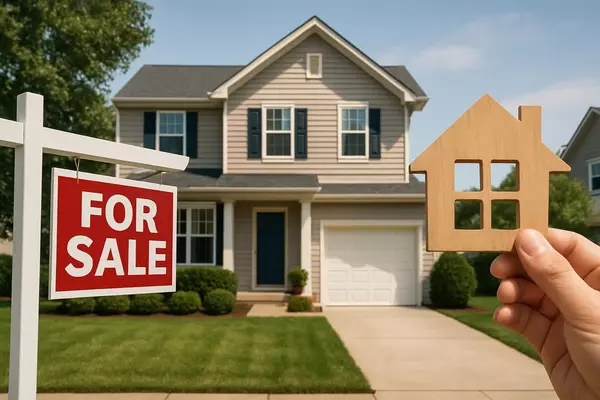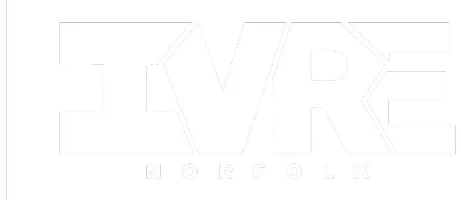Selling Before You Buy? Here’s What You Need to Know
If you’re planning to sell your current home before buying your next one, you’re not alone. Many homeowners choose this route to free up equity, avoid carrying two mortgages, or reduce financial risk. While it can be a smart decision, selling before buying comes with one key challenge: where will you live in the meantime?
That “in-between” stage—after your home is sold but before you’ve closed on your next one—requires a bit of strategy and planning. The good news? With some preparation, you can make that transition smooth and relatively stress-free.
Why Sell First?
There are several good reasons to sell your current home before purchasing a new one:
-
You want to access the proceeds from the sale for your next down payment.
-
You’re avoiding the financial strain of paying two mortgages at once.
-
You’re in a seller’s market and want to take advantage of strong demand.
-
You haven’t yet found the right property to buy.
Whatever your reason, knowing how to navigate the logistics of selling first can save you headaches down the line.
Plan for Temporary Housing
Once your home is sold, you may need a place to stay while waiting to close on your next property. This temporary housing period can range from a few days to several weeks—or even longer—so it’s important to have a plan in place well in advance.
Short-Term Rentals:
Look into options like furnished apartments, Airbnb rentals, corporate housing, or extended-stay hotels. These choices typically offer flexible lease terms and month-to-month arrangements, which is ideal when you’re in transition. Just make sure to confirm the cancellation policies and availability during your intended stay dates.
Stay with Friends or Family:
If you have family or close friends nearby, staying with them could be a cost-effective solution. Just be sure to set clear expectations around the duration of your stay and any contributions for utilities or household expenses.
Consider a Rent-Back Agreement:
In some cases, you might be able to negotiate a rent-back agreement with your buyer. This means you stay in your home after it closes while paying rent to the new owner. This can buy you extra time to find and close on your next home, without the need to move twice.
Storage and Logistics
Don’t overlook what you’ll do with your belongings during the gap. If your temporary housing is smaller or already furnished, you’ll likely need to arrange for storage.
Storage Units:
Traditional storage facilities are a reliable option. Choose a location close to where you’ll be moving next for easy access when it’s time to unload.
Portable Storage Containers:
Services like PODS or U-Haul U-Box offer containers that can be packed and stored until you're ready. Some companies will even deliver the container directly to your new home when the time comes.
Budgeting for Extra Costs
Temporary housing often comes with unexpected expenses, so it’s wise to plan your budget accordingly. Here are a few things to factor in:
-
Security deposits for rentals or hotels
-
Monthly storage fees
-
Additional moving or transportation costs
-
Utility setup or transfer fees
-
Pet accommodations, if needed
Having a financial cushion for this period will give you more flexibility and peace of mind as you navigate the transition.
Final Thoughts
Selling your current home before buying your next one can be a strategic move, but it does require planning and flexibility. By thinking ahead about where you’ll stay, how you’ll store your belongings, and how to budget for the interim period, you’ll avoid last-minute stress and keep your move on track.
If you're considering this approach and want guidance tailored to your timeline and market, I’d be happy to help you build a strategy that works. Let’s make your next move a smooth one, from start to finish.
Recent Posts










LEAVE A REPLY

Team Lead

